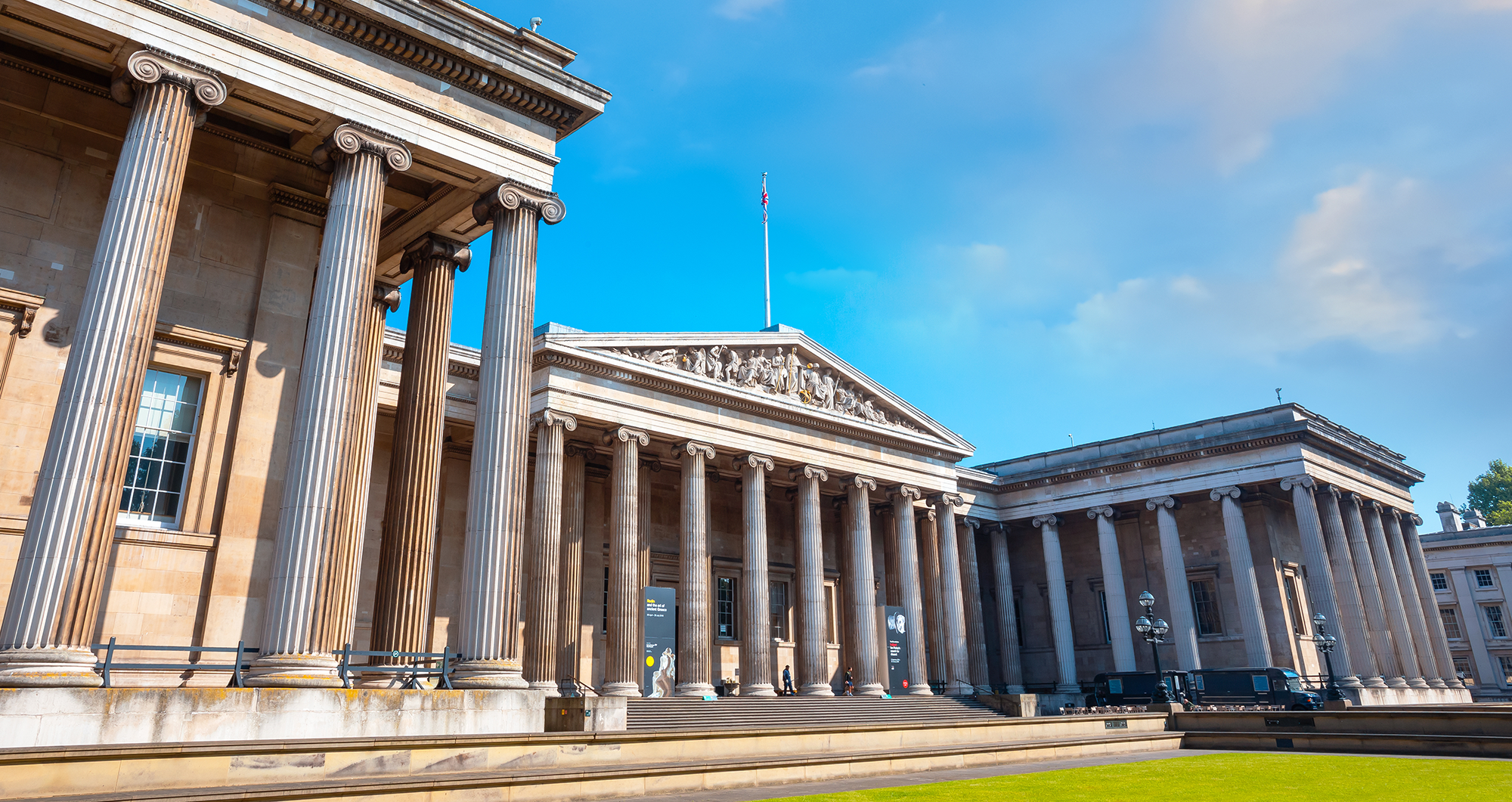
How do we re-energise Britain’s Museums?
Based on research from the project, Museums and Industry: Long Histories of Collaboration, funded by the Joint Programming Initiative on Cultural Heritage and Global Change.
Around half of Britons visit a museum at least once a year, and nine in ten say museums are important to UK culture. The GLAM sector (galleries, libraries, archives, and museums) can be a critical asset for our nation: generating social empathy, fostering imaginative entrepreneurism, and extending international influence. Yet, new research by the Joint Programming Initiative on Cultural Heritage and Global Change – as part of the two-year research project, Museums and Industry: Long Histories of Collaboration (MaILHoC) – suggests the confidence and vitality of the sector has faded over time.
The research finds that over several decades, museum’s long-term purpose has become confused, investment in curatorial expertise and foundational knowledge has reduced, and a sense has grown that museums are instruments for other policy goals. This briefing paper outlines the lessons we can learn from that research, with a focus on long-term thinking, building expertise, and empowering staff. It aims to generate a policy debate around forward-looking reform for museums and the wider cultural and heritage sector.
We brought together policymakers, experts and commentators in parliament to discuss the extent to which these problems bear out across the sector, what is driving them, and how we can re-energise this vital sector. Watch the recording here.
